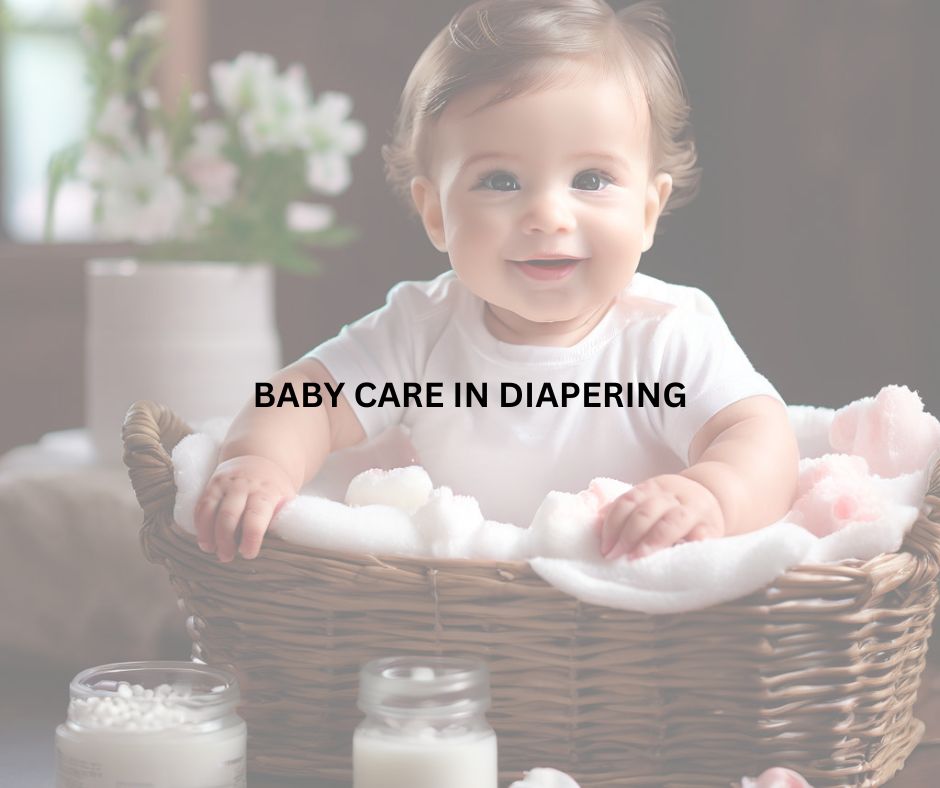How do I take care of my baby's skin?
Introduction
Making sure your baby's skin stays healthy during diaper changes is vital to their comfort and well-being. Our research emphasises the importance of proper baby skin care practices in diapering, providing insight into effective ways to prevent problems such as diaper rash.
Study Insights
Our study revealed that using special diapers with emollients and pH-balanced wipes significantly improved the skin health of newborns. These products contributed to lower skin pH levels, reduced enzymatic activity, and fewer cases of severe erythema on diapered skin than conventional products.
Effective Regimen
Implementing an effective regimen that includes special diapers and pH-balanced wipes plays an important role in maintaining healthy baby skin during diaper changes. This approach addresses key factors such as maintaining clean and dry diaper areas, supporting the skin's pH balance, and enhancing the skin's barrier function. Practical Tips Change wet or soiled diapers regularly to minimise exposure to moisture.
Practical Tips
Allow your baby's skin to air-dry after each diaper change. Use a soft wipe or damp cloth to clean the diaper area, avoiding harsh materials. Apply a thin layer of barrier cream during each diaper change to prevent skin irritation.
Supporting Skin pH
Supporting skin pH Maintaining the natural acidity of your baby's skin is essential for overall skin health. Choosing pH-balanced wipes and diapering products helps regulate skin pH, reducing the risk of irritation and discomfort.
Conclusion
Prioritising baby skin care in diapering is essential to promoting a comfortable and healthy environment for your baby. By following simple but effective practices and choosing gentle products, you can help prevent diaper rash and ensure your baby's skin stays smooth and irritation-free. Remember, investing in your baby's skin health during diaper changes contributes to their overall well-being and happiness
Remember, investing in your baby's skin health during diaper changes contributes to their overall well-being and happiness.

